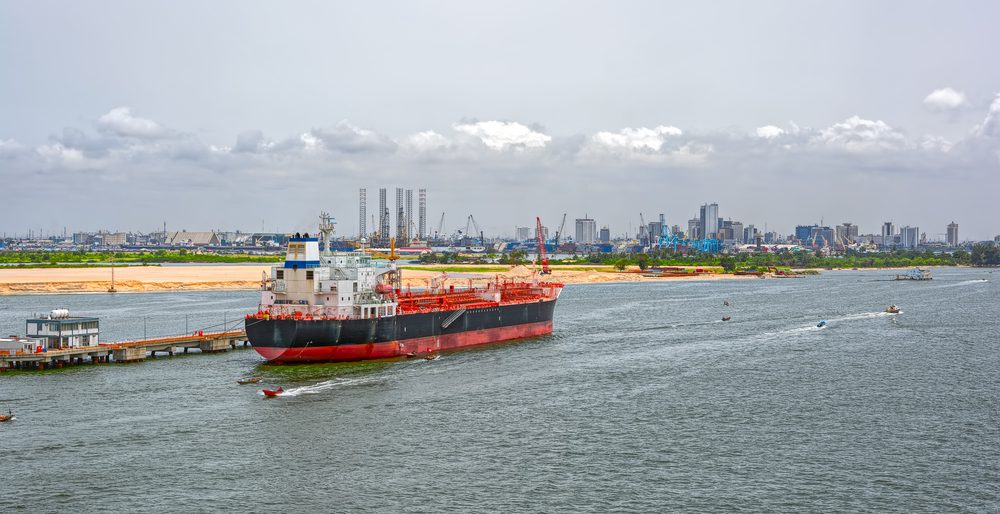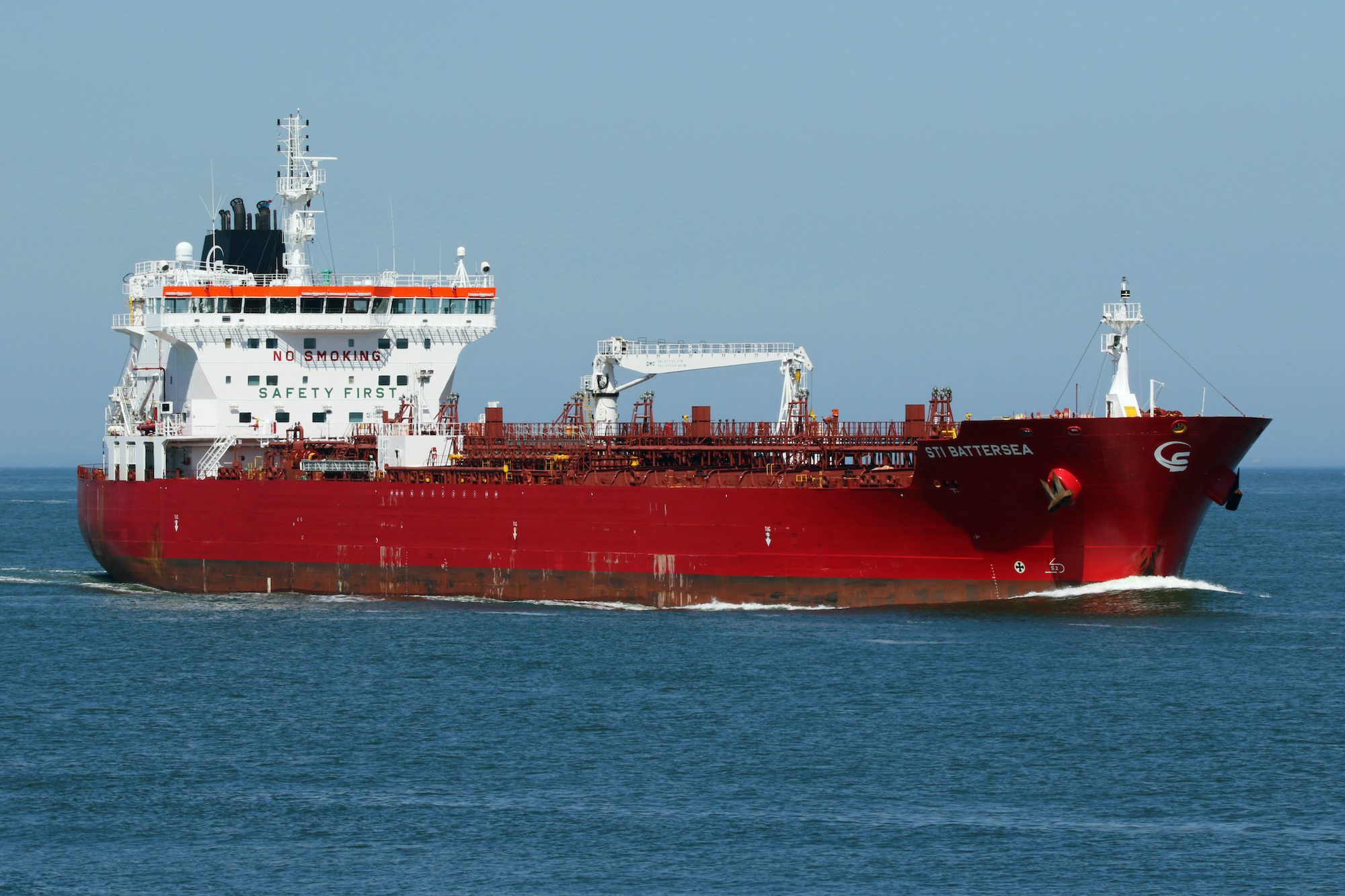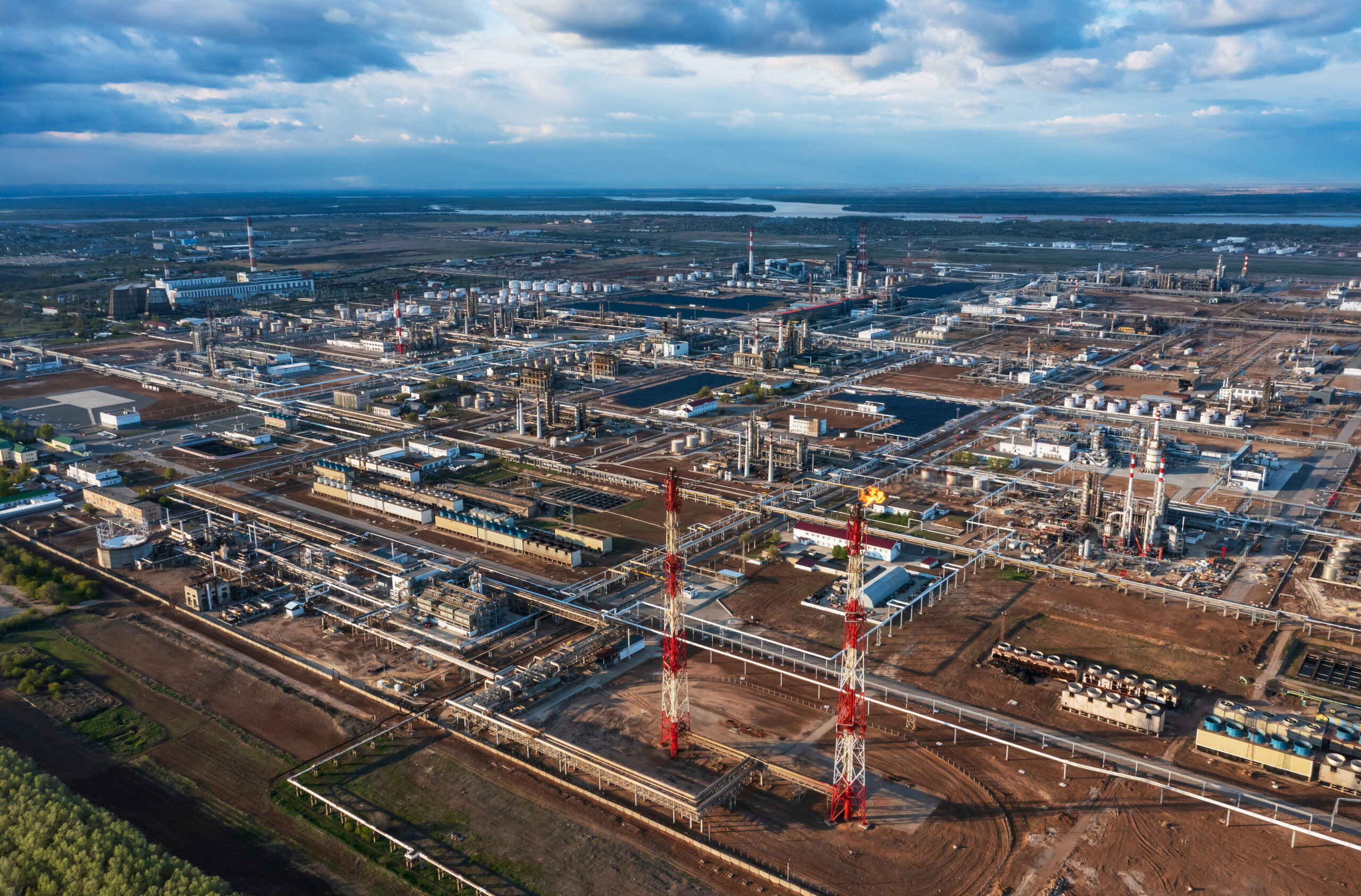 By Keith Wallis
By Keith Wallis
SINGAPORE, July 7 (Reuters) – Methanol, a fuel used to power light aircraft and racing cars, is being tried out as alternative for ships, highlighting its potential in an industry under pressure to cut emissions.
From next year, shipping firms will have to cut polluting sulphur emissions in vessels going to parts of Europe and North America, sparking a race for alternatives to standard diesel between fuel sources such as methanol and liquefied natural gas.
As well as being considered a green fuel, methanol is potentially cheaper and more plentiful than diesel or LNG.
But it is trickier to handle than some fuels, such as diesel, due to its lower flashpoint — the temperature where it vaporises and could ignite — so needs care to prevent fires.
“Compared with LNG as an alternative shipping fuel we see methanol in an early stage of development,” said Thomas Wybierek, a shipping analyst at Norddeutsche Landesbank.
Methanol is currently more costly than diesel and less efficient to burn, though prices could come down as new projects to produce it come on stream.
South Korean and Japanese shipyards recently won the first orders for ships running on methanol. Engines, using 95 percent methanol and 5 percent diesel, are being developed and should be delivered in mid-2015, said engine builder MAN Diesel & Turbo.
“From a risk perspective I can’t see that methanol has any drawbacks as compared to LNG,” said Joanne Ellis at Swedish maritime transport consultant SSPA, which is working on one of two research programmes looking at methanol as a marine fuel.
Methanol can be stored in existing tanks on ships and since it is not kept under pressure will not expand and explode in the way LNG could, she said.
Because LNG is super-chilled it also needs special tanks and could freeze ship equipment or cause injuries if it leaked.
Draft safety guidelines should be finalised this year for ships powered by fuels with low flashpoints such as methanol, the U.N.’s International Maritime Organisation (IMO) said.
RACE WITH LNG
There are about 50 LNG-fuelled ships operating globally, excluding dual-fuel LNG carriers. This will double with around 55 LNG-fuelled ships on order as firms in emission control areas opt to use LNG to comply with tougher IMO rules on emissions.
But a lack of LNG refuelling infrastructure at ports and the tanks needed to store it on ships, taking up space for cargo, are obstacles to its wider use, some experts say.
On the other hand, methanol can be stored in existing fuel tanks and transported to port by road tanker. It is usually produced from natural gas, though can also be made from biomass, carbon dioxide and even household rubbish.
Total methanol demand was 66 million tonnes in 2013, data from consultancy Jim Jordan and Associates showed, while demand for marine diesel was 372 million tonnes, according to OW Bunker, a supplier of the fuel.
Shipping firms will have to cut emissions of sulphur dioxide in emission control areas in Europe and North America from the current 1 percent to 0.1 percent from next year under IMO rules.
Global IMO curbs will lower emissions to 0.5 per cent in 2020 or 2025 from the existing 3.5 percent.
The controls have led shipping firms to consider alternative fuels as methanol, which is sulphur free and has low levels of nitrogen oxide, as well as low-sulphur diesel and LNG.
Methanol is cheaper than LNG, which costs between $900 and $1,100 a tonne, including port and storage costs, according to maritime services consultant Poten & Partners.
Methanol is priced at $460-$560 per tonne, but twice as much needs to be burnt to generate the same energy as marine diesel, said Michael Teusch, business development manager at Danish catalysts firm Haldor Topsoe. Marine diesel costs about $600 a tonne, though with low sulphur it is much more expensive.
TANKERS AND FERRIES
Japan’s Minaminippon Shipbuilding Co., and South Korea’s Hyundai Mipo Dockyards Ltd are building seven methanol-fuelled tankers due to be completed in 2016.
Three of the vessels, costing $140 million in total, will be owned by Japan’s Mitsui OSK Lines, the company said.
The ships have been chartered by Canada’s Waterfront Shipping Company, a subsidiary of Methanex Corporation, the world’s top supplier of methanol.
There is also a trial, partly financed by the European Commission, starting early next year using methanol to help power a ferry. If successful a fleet of methanol-powered ferries could be operating in Europe and Scandinavia by 2020.
George Cambanis, who heads Deloitte’s Global Shipping and ports group, said that the host of players involved in various biodiesel projects for ships from engine manufacturers to ship safety classification society Lloyd’s Register meant methanol was likely to be used more in the future.
“How soon the future comes is anybody’s guess,” he added.
(Editing by Ed Davies)
(c) 2014 Thomson Reuters, All Rights Reserved

 Join The Club
Join The Club











